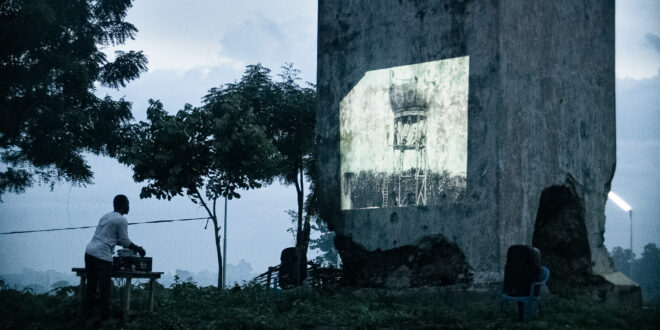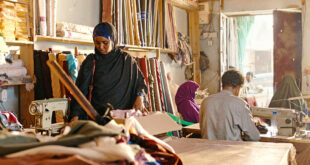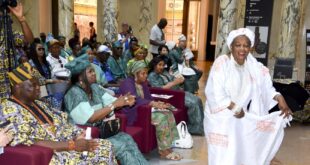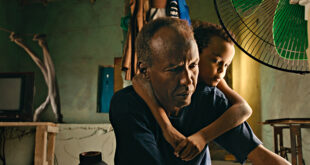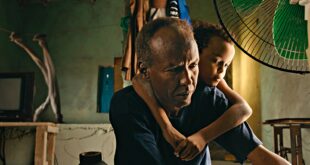Many in Togo still romanticize the German colonial era. Could this be because it ended earlier than the British and French periods?
A monument to German-Togolese friendship still exists and portraits of German colonial governors still adorn school buildings. And every year in November, on Remembrance Day, Germans who died in Togo are remembered and honoured.
There are seven German cemeteries in Togo and the ceremony takes place at a different one each year. “I am proud that there are still so many German cemeteries in Togo,” the German ambassador said at the 2022 commemoration ceremony – and he was not being ironic.
In his documentary ‘Togoland Projektionen’ (Togoland Projections), Jürgen Ellinghaus follows in the footsteps of film director Hans Schomburgk, who travelled to the former German colony of Togoland at the beginning of the last century to capture “exotic images of wild natives” and animals for a German audience. In addition to footage for the feature film ‘Eine Weiße unter Kannibalen’ (‘A white woman among cannibals’), he also filmed documentaries showing the brutality of German colonial rule.
Over a century later, people in Togo see Schomburg’s footage for the first time and try to place it in the context of then and now. Older people remember the resistance of Ya Na Andandi, King of the Dagbon, who stood in the way of the colonizers and whose capital Yendi was razed to the ground by the German “protection” troops.
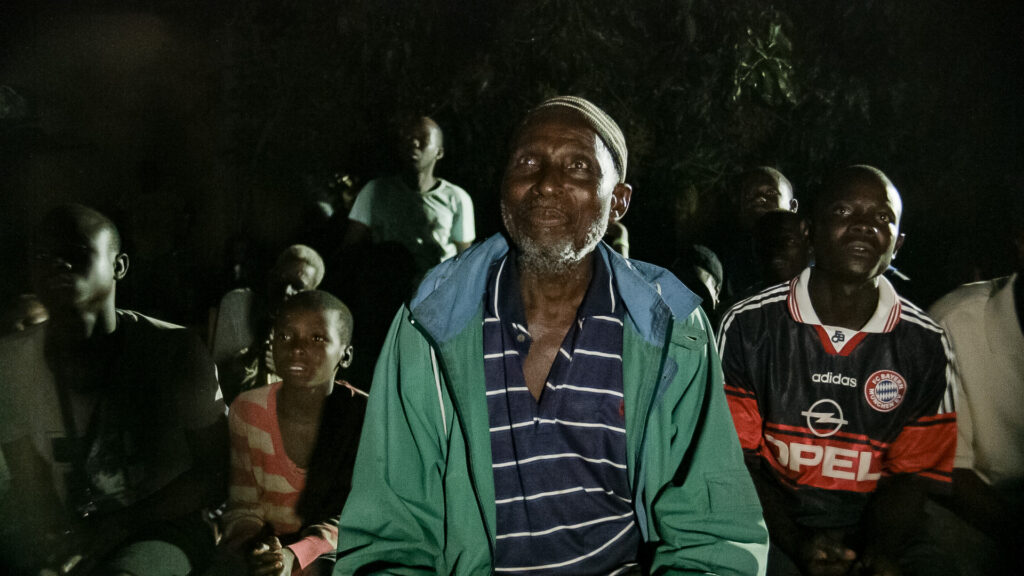
Quotes from diaries of the time and actress Meg Gehrts travelogue describe the full extent of the atrocities and the deep racism of the Germans. In one diary entry, a German officer describes how he ordered villages to be burned to the ground and how glad he was that no one had escaped, thanking God for this.
In the next sentence, he regrets only one thing: the death of his beloved dog, who died on the same night that the officer had murdered countless people.
The historical film clips are extremely painful to watch (trigger warning!) and it is therefore all the more astonishing how calmly the village audiences take in the scenes from the past – without hatred or even reproach towards the Germans.
If there is one prevailing sentiment, it is one of astonishment or incomprehension. Why did the Germans do such things? That is the question many in the audience ask. The only screening in which something like anger and criticism finally emerges is one held in Lomé for members of a student film club.
They feel that Schomburgk’s films should be shown in all schools in Togo to put history into the right perspective. A demand that should also apply to all German schools. Because there are still too many omissions in the narrative of this chapter of German history.
The “model colony” as Togoland was referred to, contributed a great deal to Germany’s prosperity and lost a great deal in the process. Every child in Togo and in Germany should be taught this.
‘Togoland Projektionen’ will be released on 11 November 2024 and will screen at selected cinemas countrywide.
Tina Adomako
For more information in German about the film and the dates and cities in which it will be screened, click HERE
 THE AFRICAN COURIER. Reporting Africa and its Diaspora! The African Courier is an international magazine published in Germany to report on Africa and the Diaspora African experience. The first issue of the bimonthly magazine appeared on the newsstands on 15 February 1998. The African Courier is a communication forum for European-African political, economic and cultural exchanges, and a voice for Africa in Europe.
THE AFRICAN COURIER. Reporting Africa and its Diaspora! The African Courier is an international magazine published in Germany to report on Africa and the Diaspora African experience. The first issue of the bimonthly magazine appeared on the newsstands on 15 February 1998. The African Courier is a communication forum for European-African political, economic and cultural exchanges, and a voice for Africa in Europe.

